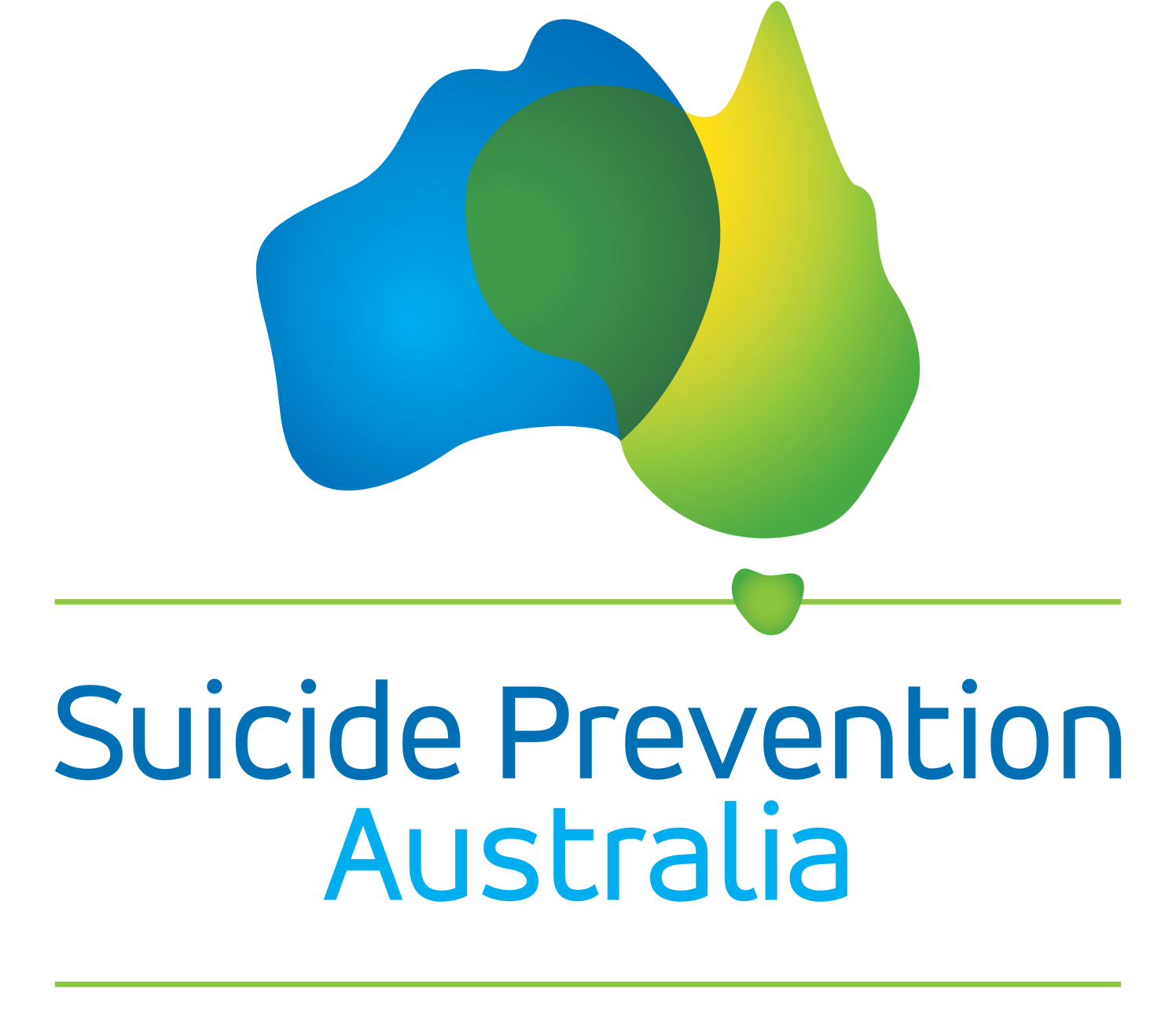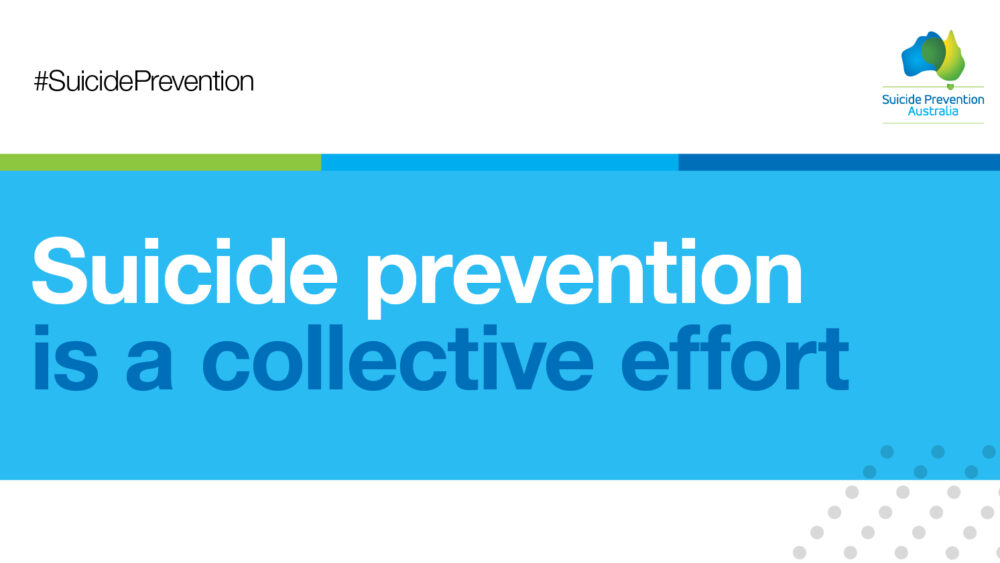Suicide Prevention Australia is pleased to announce the two recipients of the Targeted Research Grants. Congratulations to Associate Professor Michelle Banfield from the Australian National University and Associate Professor Ashleigh Lin from the University of Western Australia. Both researchers will be involved in our upcoming Knowledge Exchange webinar series so make sure to register here.
The Targeted Research Grants support partnerships between researchers in suicide prevention and suicide prevention/postvention programs and services to meet the objectives of the fund.
The Suicide Prevention Research Fund was established by the Federal Government to support research into suicide prevention. The aim of the fund is to support world-class Australian research, and facilitate the rapid translation of knowledge into more effective services for individuals, families and communities.
Suicide Prevention Australia manages the fund on behalf of the Federal Government. Below are some more details about the successful research projects:
Associate Professor Ashleigh Lin
Topic: Improving aftercare in children and young people who present to emergency departments for deliberate self-harm and suicidal crisis.
Partner organisations: Telethon Kids Institute, Perth Children’s Hospital (PCH), WA Country Health Service, Geraldton Regional Aboriginal Medical Service and Youth Focus
This project seeks to improve engagement in aftercare services among young people (aged 10 to 17) who present to the Emergency Department with deliberate self-harm or suicidal crisis (including suicidal ideation and suicide attempt) and will determine the effectiveness of a brief collaborative psychological intervention, Therapeutic Assessment, including the co-design and implementation of a culturally appropriate version for Aboriginal young people. The project will identify the modifiable contextual factors (e.g., availability and access to community services) that influence the effectiveness of the intervention across different populations and clinical settings (e.g. metropolitan, and regional).
This research will involve:
- Developing a culturally appropriate Therapeutic Assessment intervention and aftercare model for Aboriginal young people who present to the Emergency Department for deliberate self-harm or suicidal crisis.
- Trialling Therapeutic Assessment (including the culturally adapted model) to assess its effectiveness on adherence to aftercare services 12-months post presentation to the Emergency Department.
- Conducting a multi-site audit of youth mental health and aftercare services to identify the moderating role that availability and accessibility of services has on outcomes following Therapeutic Assessment.
Together, this program of research will move the field forward by providing definite evidence regarding in which settings Therapeutic Assessment works, for whom, and modifiable contextual factors that influence its effectiveness. The development of a specialised and evidence-based, brief intervention that supports positive outcomes for young people across multiple clinical and cultural contexts would be a significant step forward in the management and prevention of deliberate self-harm and suicide in young Australians.
Associate Professor Michelle Banfield
Topic: Co-creating safe spaces: Translational research on innovative alternatives to the emergency department for people experiencing emotional distress and/or suicidal crisis.
Partner organisations: University of Wollongong, Roses in the Ocean, ACT Health Directorate, STRIDE, Illawarra Shoalhaven Suicide Prevention Collaborative, Black Dog Institute
Across Australia, there is increasing investment in ‘safe spaces’ for people experiencing emotional distress and suicidal crisis. These safe spaces are an alternative to emergency departments (ED), which can increase distress and are often not what is needed for support.
The proposed research will:
- Establish the feasibility and effectiveness of the safe space models in the ACT and NSW as genuine alternatives for people who might usually present to the Emergency Department, or choose not to access help through an ED due to past negative experiences.
- Aim to emphasise the experiences of guests and peer support workers as key to the effectiveness and feasibility of safe spaces.
The REAIM framework will aid our understanding of who is being reached (Reach), experience of care, increase in connectedness, needs met and reduction in distress, (Effectiveness), fit within the local system (Adoption), implementation processes focusing on co-design (Implementation) and the sustainability of the models including costs (Maintenance).
This project is a partnership with Roses in the Ocean, and the steering committees implementing the safe spaces in each jurisdiction, including people with lived experience of suicidal crisis and/or attempt, and health system representatives. A focus on experiences with the safe spaces and the effects of safe spaces on emotional and suicidal distress will be complemented with a system perspective including experiences of those implementing the initiatives, data on ED presentations, costs, and care pathways.

